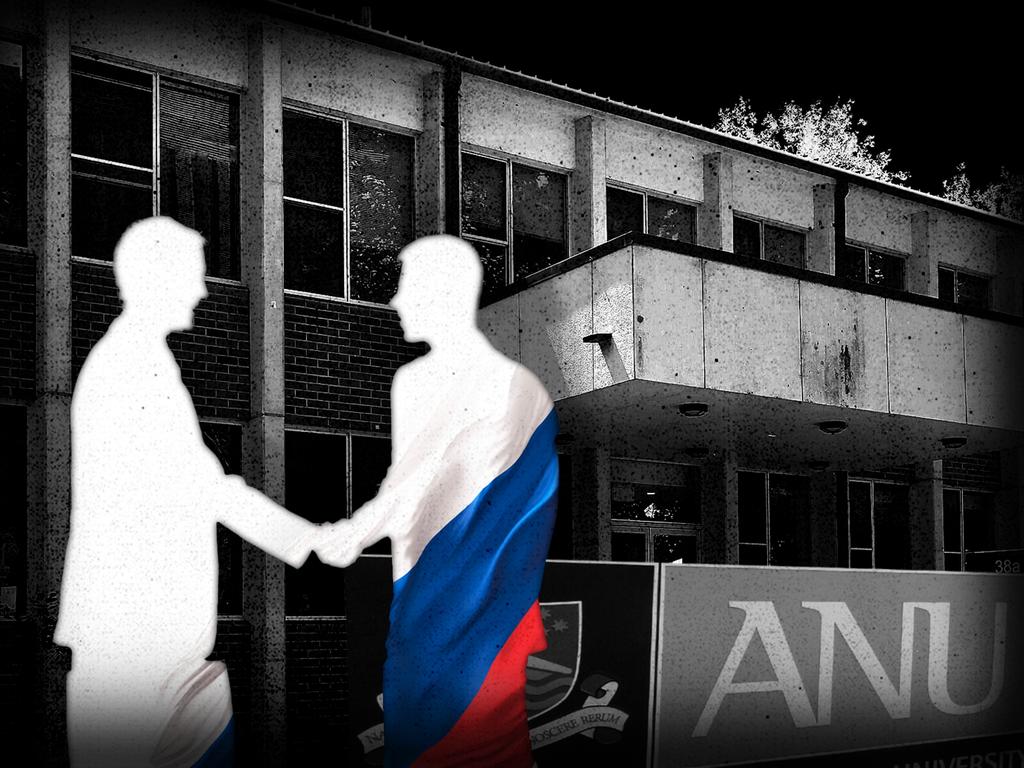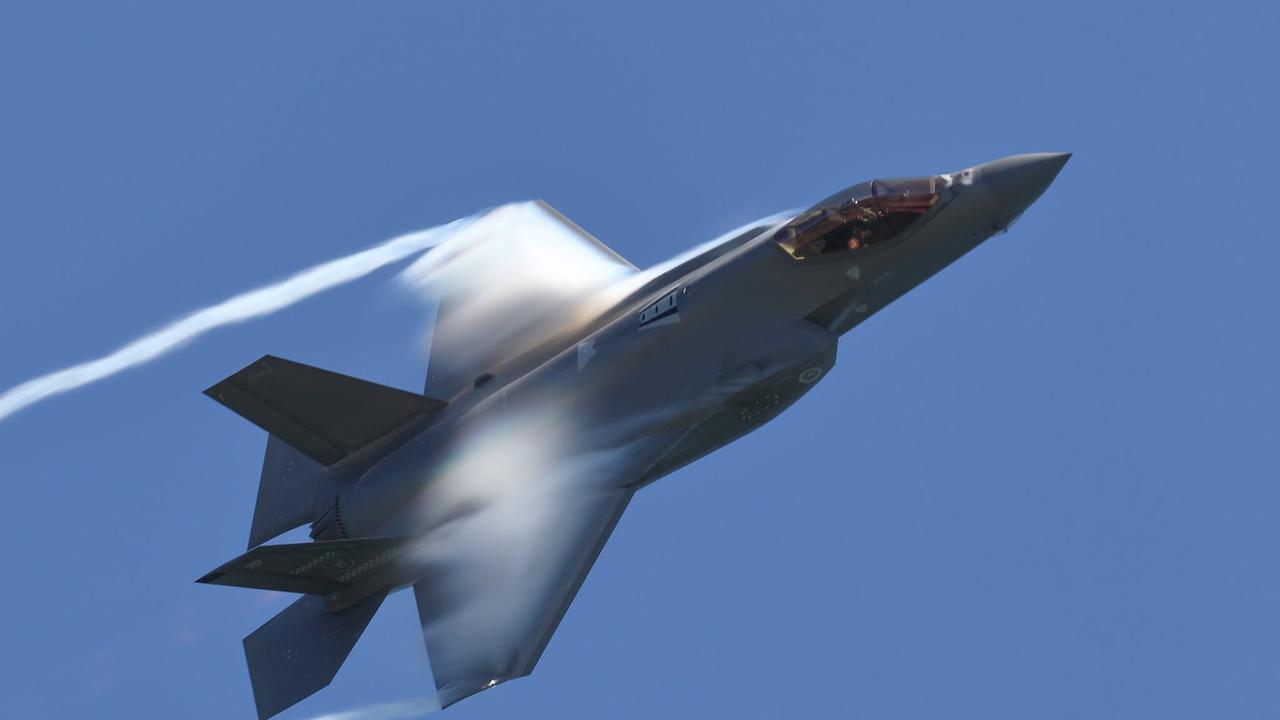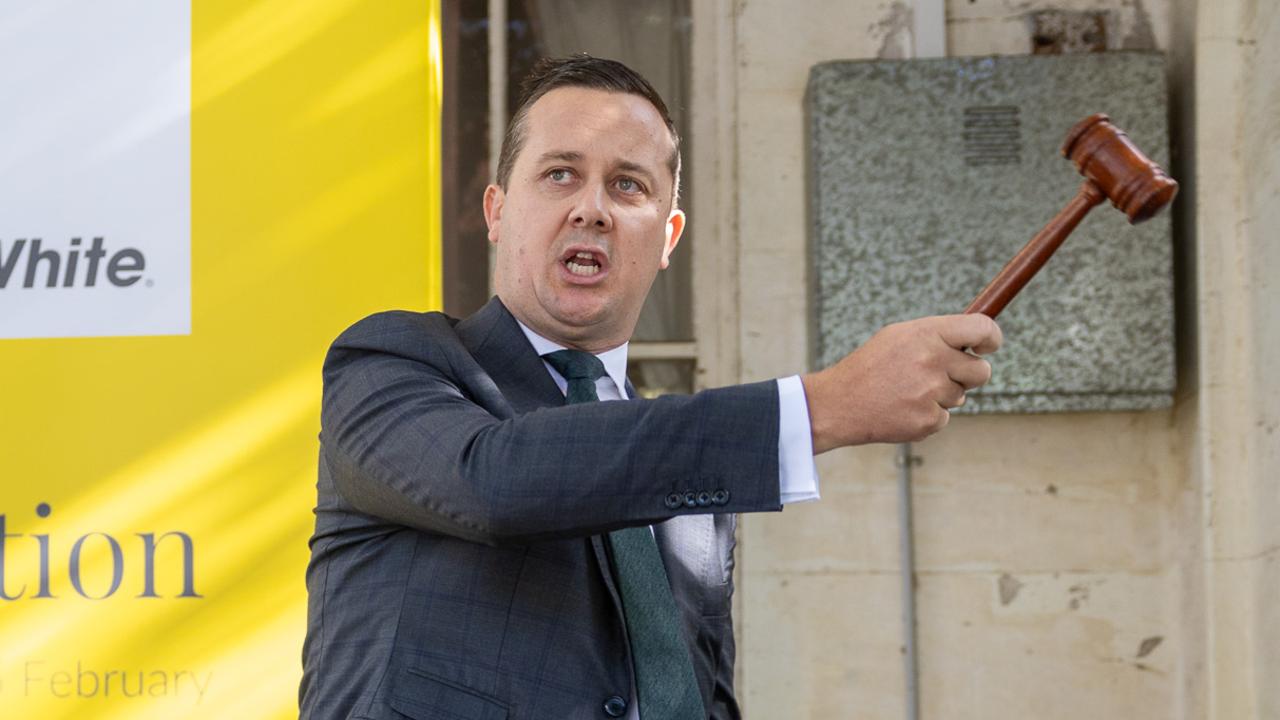International student caps may force unis into ‘risky research collaborations’
The Albanese government’s plan to limit international student numbers could ‘incentivise universities to accept high-risk foreign investment’, a foreign interference expert has warned.

Australian university collaborations with Chinese institutions jumped by one-third during the Covid-19 pandemic when Australia shut its borders to foreign students, a Senate inquiry has been told.
Public Register of Foreign Arrangements data reveals a 37 per cent increase in the number of agreements between Australian and Chinese universities between the start of the pandemic, in January 2020, and March 2022.
The data was analysed by Southern Cross University senior law lecturer Brendan Walker-Munro, an expert in foreign interference laws.
He told a Senate inquiry that the federal government’s plan to limit the numbers of international students enrolling in Australian universities could have “unintended consequences’’ that threaten national security.
He said universities could be forced into risky research collaborations overseas to offset the loss of revenue from international students, which cross-subsidises as much as half of research costs.
Dr Walker-Munro said the Albanese government’s proposed legislation to cap the number of new international students next year at 270,000 would rob universities of revenue.
He said this “could have the unintended consequence of incentivising universities to accept high-risk foreign investment to maintain their competitive edge’’.
“It opens researchers up to the risk of seeking funding from less secure or higher-risk funding partners,’’ he states in a submission to the Senate education committee inquiring into the legislation.
“This in turn permits those funding partners access to, and influence over, the products of such research.’’
Dr Walker-Munro said that “during the Covid-19 pandemic, universities rushed to develop international research partnerships to backstop loss of student revenues’’.
“For example, the agreements between Australian and Chinese universities listed on the Public Register of Foreign Arrangements increased by 37 per cent in the period from January 2020 to March 2022, the period international students were prohibited from arrival in Australia by the Covid-19 pandemic,’’ he said.
“For all other countries in Asia, agreements with Australian universities more than doubled during Covid-19, and registered agreements for Australian universities that featured at least one foreign entity jumped by 58 per cent in the same period.’’
Dr Walker-Munro told the Senate inquiry “this obviously does not mean that all of these agreements were ‘high-risk’ ”.
“Instead, the committee should note that it is simply impossible to quantify the risk of these agreements based on publicly available information because the Public Register does not give details about the nature of any agreements executed – merely the parties, the name of the agreement and the date of its execution,’’ he said.
Dr Walker-Munro has also warned that university staff and students working on sensitive scientific work are at risk of espionage when they go overseas.
He called for academics and students to be debriefed when they return from overseas trips.
He said public servants with a security clearance are required to report on their international travel, but academics are not.
“If you were a public servant and you had a security clearance and you came back, you would get a debrief and asked things like: ‘Were you approached by foreign law enforcement or any consular officials?’,’’ Dr Walker-Munro told The Australian.
“Did you have any information technology assets like your phone or your laptop that you took with you?
“We don’t really do that for things like student or staff exchanges in universities.
“I do think that should be introduced at universities that are collaborating with intelligence (agencies) or working on high-risk or important breakthroughs like drones and cyber hacking.’’

The Weekend Australian revealed that ASIO had warned universities of the risks of foreign spies targeting cutting-edge research in the military, engineering, biotechnology and medical fields.
ASIO has told universities to provide security escorts for foreign visitors and delegations to sensitive research areas or laboratories – even when they take a bathroom or smoking break.
It advised students and staff travelling overseas to keep sensitive research material at home.
All-expenses-paid study tours, conference opportunities or paid report writing could be “too good to be true’’ or “come with strings attached in terms of future obligations’’, ASIO warned in its advice on protecting research.
“Be wary of foreign contacts who show undue interest in your personal or family background and your career plans – particularly if you’re interested in working in sensitive government or defence-related positions in the future.
“Be wary of … attempts to contact you outside official academic channels.
“This may indicate someone is collecting information for intelligence activity.’’
ASIO advises academics returning to Australia to reset passwords for all accounts they accessed offshore.
ASIO director-general Mike Burgess revealed last year that the spy agency had disrupted a plot for an unnamed “visiting professor’’ from China, recruited by Chinese intelligence, to infiltrate an unnamed university.
“The Chinese government are engaged in the most sustained, sophisticated and scaled theft of intellectual property and expertise in human history,’’ Mr Burgess told a meeting of Five Eyes intelligence agencies in the US.






